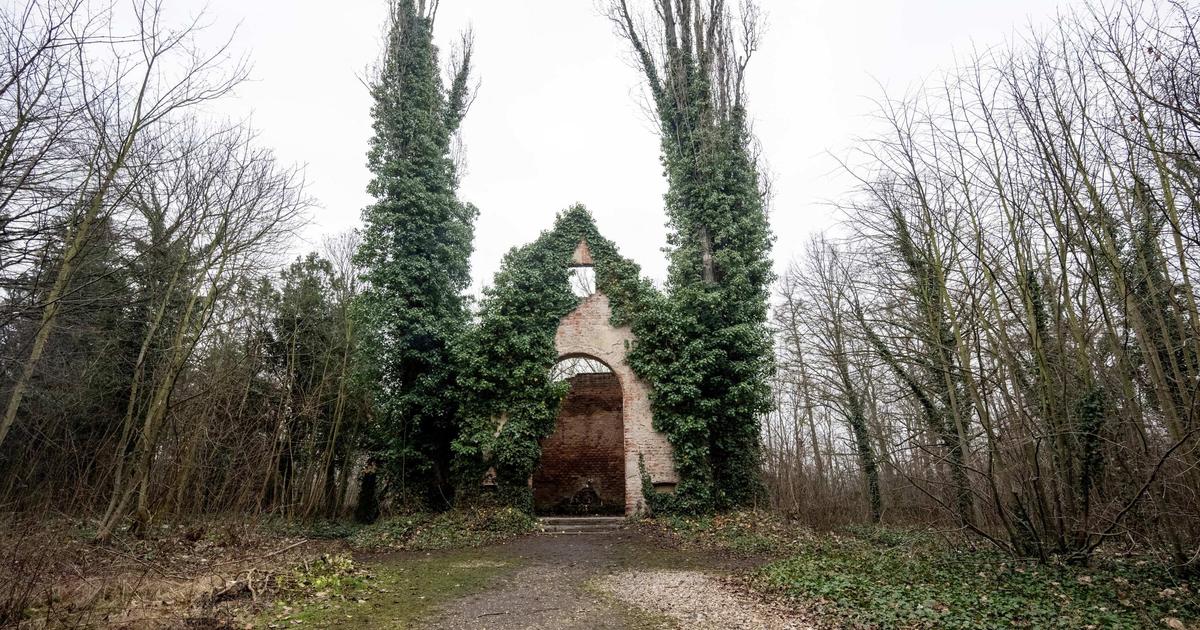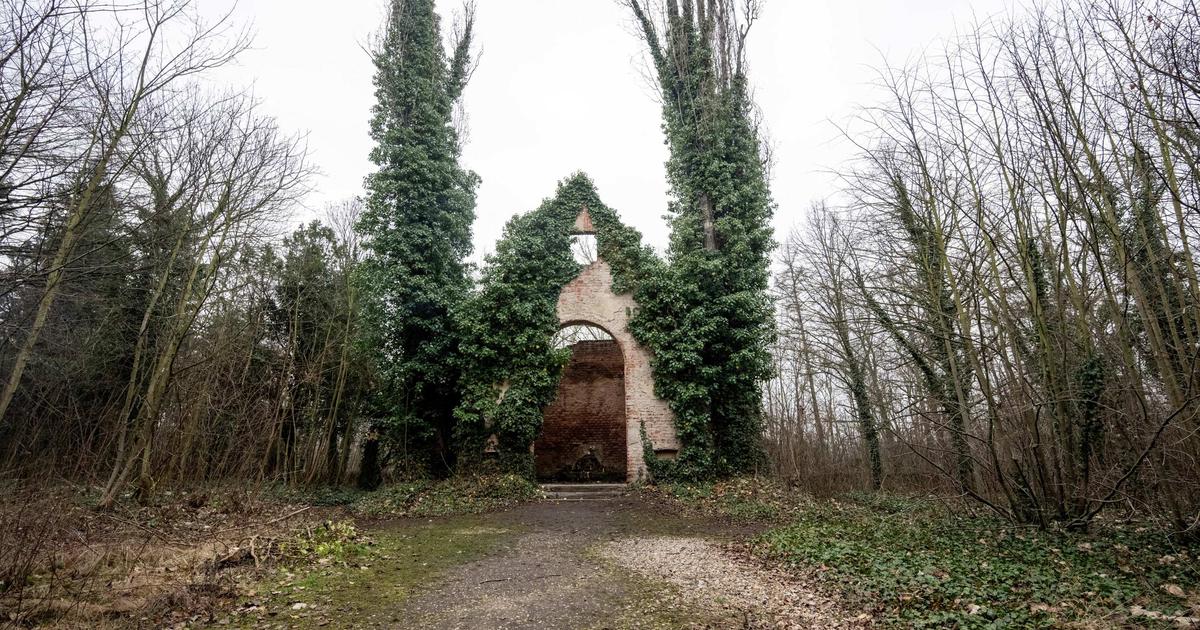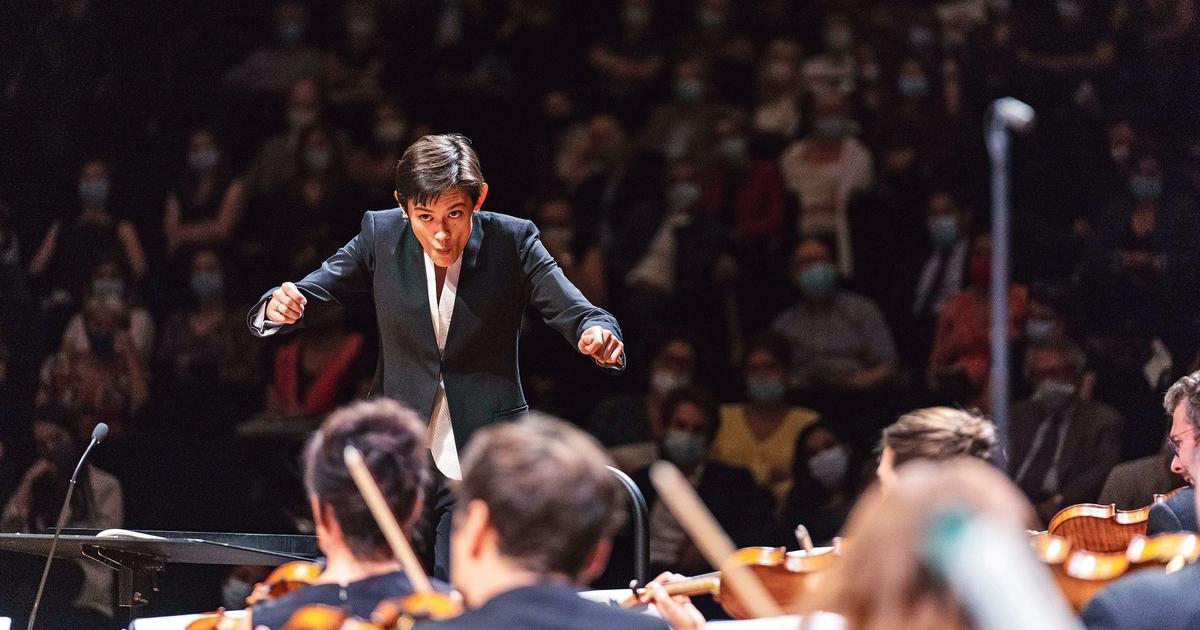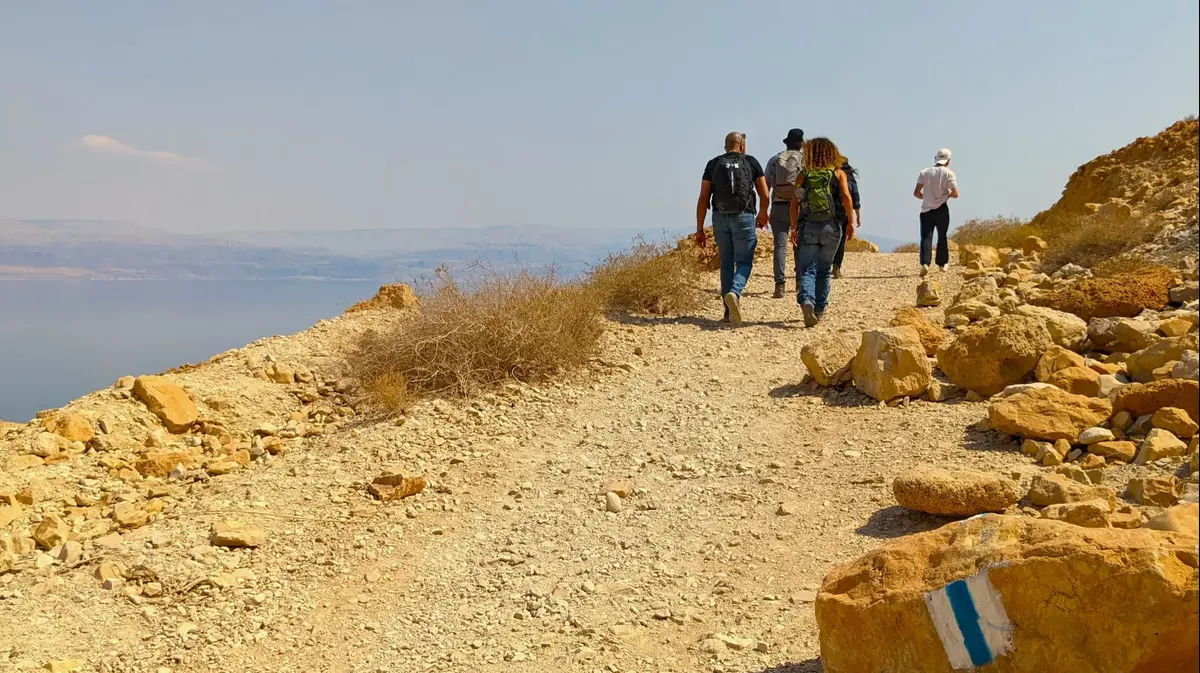Everything was discussed with politicians, and there is also a hygiene concept: So why should Rolando Villazón ask, his Mozart Week not take place?
The pandemic version of Mozart Week starts on January 21 and offers 56 dates.
“That would be a signal at the beginning of the new year for culture in general,” says Villazón.
One attraction is the world premiere of a Mozart piano piece.
It's going to be close, but he remains optimistic.
And that's typical for Rolando Villazón: From January 21st to 31st, his Mozart Week will take place on the stages of Salzburg.
Since 2017 the tenor has been the artistic director of the festival, which this time takes place in a slimmed-down form with 56 dates.
An encounter in Munich.
At the beginning of your directorship, you said: It feels like a hobby, not like work. Is it different now?
Should I have said that?
It is much work!
We artists sometimes think that singing or playing is like a hobby.
No: It's a difficult job, but a great one.
What I have to admit: I am very happy to put together the programs for Mozart Week, to hold talks with artists and to work with my team in Salzburg.
Actually, I've never worked so hard in my life as I do now.
And sometimes for free.
Corona in particular had to cut a lot and start from scratch.
You have programmed 56 appointments. How optimistic are you that it will all take place?
We do everything we can.
Only 50 percent of the visitors are allowed into the halls, and there is also a hygiene and safety concept.
It's all doable so I'm optimistic.
My artistic responsibility is first of all to have Mozart performed in the best possible way and to let the audience feel his soul - that's more than just organizing concerts.
And secondly: We have to fight for the festival and the Mozarteum Foundation.
All of the conversations I had with the politicians about January have been very positive.
So do you have hope?
I see hope more like Albert Camus than "despair overcome".
I want to see everything as it is and work with reality as it is.
Soon there will be new decisions and clarity.
And I firmly believe that a Mozart Week is possible.
It would also be a signal at the beginning of the new year for culture in general.
Precisely because it's about Mozart: so many doors were slammed in front of his nose throughout his life.
And he kept going, then somewhere else and in a different way.
Many are angry at the supermarkets and trains full while the halls have to remain empty. They also?
I am concerned, especially for the young artists.
A whole generation has no more work and no opportunity to perform.
The theaters develop a lot of energy to show something anyway.
There is too much free streaming out there, however.
It is often great what is brought there.
But culture simply costs a lot of money because everyone involved has to earn something.
Not just artists, but also technicians, costume designers, ushers and so on.
Suddenly everything is free - and it actually seems like everyone is doing it as a hobby.
What will cultural life be like after the pandemic?
The theaters will be full again.
People are starving for live experiences.
As an audience, I am part of a performance in the hall, very physically, even because I change the acoustics with it: no stream can replace this experience.
Nevertheless, a lot will change.
And not everything will be bad.
We now see how great art can sometimes be made with very small things.
Or: do we need new productions of the same opera everywhere?
Can't these stagings be exchanged even more?
Shouldn't we cooperate more?
How do you feel about the threatening situation yourself?
You know I like clowns and their philosophy.
A clown finds himself in a situation that he doesn't understand.
He doesn't understand why the table is shaking.
Why a cup suddenly falls down.
He picks it up, maybe accidentally puts it next to it.
We laugh.
But he doesn't.
He keeps trying.
He moves in his own reality.
In this situation, albeit much worse, we are now with Corona.
We have to try and learn to adapt this new reality.
It's actually madness: We always thought that our structures, no matter what, were firmly established and secure.
And suddenly an invisible little thing comes and signals to us: no.
Puff.
All gone.
About the program: Your festival has unearthed a 94-second Mozart work for piano. Will that overturn our image of the composer?
I don't want to tell you much about that, you will learn all of that in the concert in question.
The whole program revolves around the question of where these 94 seconds come from and why Mozart wrote them.
They had to postpone a scenic “Don Giovanni” to 2023. Are such productions even possible at the moment?
After all, there is a scenic production in January, “Mozart moves” in the Landestheater.
Magdalena Kožena is on stage with two dancers.
It is clear that conductor András Schiff and his Cappella Andrea Barca will continue their cycle with Mozart's three da Ponte operas during Mozart Week.
But we decided together with Sir András that we don't want to play a reduced version.
Countertenor Max Emanuel Cenčić organized the “Bayreuth Baroque” with great success in the summer, Cecilia Bartoli established herself with the Salzburg Whitsun Festival, you lead the Mozart Week: What do singers do better than others as festival directors?
I don't think we can do anything better.
I have great respect for all artistic directors.
It may be different how we proceed because we are on stage ourselves.
Cecilia, for example, is one of the smartest, most important, most serious artists there is, and I admire her approach.
However, your festival is very different from the Mozart Week.
What we artists may be able to do: bring in our stage personality, our very different energy.
I am an artist first and foremost.
A singer and someone who also directs, writes books or is responsible for the Mozart Week.
For me it was and is always important to bring light to art, music and literature.
Whether I'm on stage or doing TV shows or running a festival.
+
Rolando Villazón in conversation with features editor Markus Thiel.
© Marcus sleep
Nikolaus Harnoncourt always said that Salzburg had absolutely no reason to be proud of Mozart. The city finally chased him away with a kick.
On the one hand, that is correct.
And Mozart always said he hated Salzburg.
But at that time there were no good orchestras and no good theater in Salzburg.
He also had artistic reasons to leave.
So one shouldn't be too strict with Archbishop Colloredo, who chased him away.
Mozart wasn't easy.
A rebel.
On the other hand, Salzburg can and must be proud of Mozart.
I don't believe in heaven.
But if Mozart were to look down today, he would be super happy with Salzburg.
The interview was conducted by Markus Thiel.
Information
at mozarteum.at.









